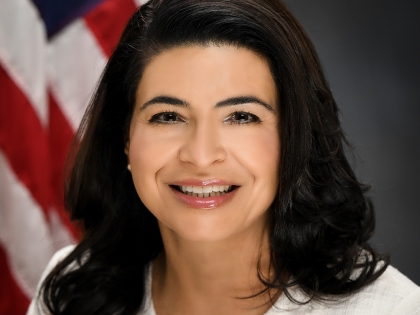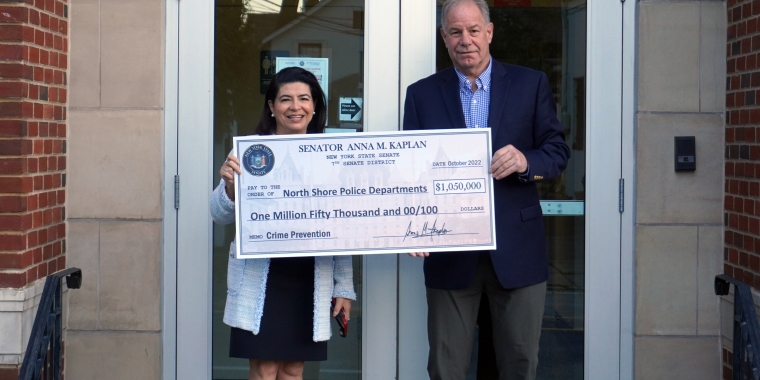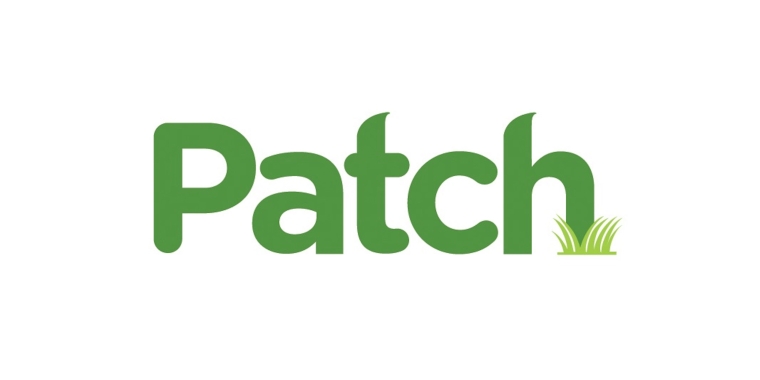
Don’t just condemn anti-Semitism; combat it

When the American Jewish Committee traveled to the state Capitol in Albany early this month to hold a briefing on AJC’s landmark State of Anti-Semitism in America report, our partners in the Legislature advised us not to expect more than a handful of their colleagues to attend. Not because of the subject matter but because legislators aren’t exactly clamoring to attend a briefing, let alone one held before their first cup of coffee has kicked in, even if there would be complimentary bagels.
But legislators did show up — more than 40 of them from diverse backgrounds, Jewish and not, Republican and Democrat, upstate, downstate and in-between. And not just for the bagels.
Legislators learned about the disparity between the views of American Jews and the U.S. general public when it comes to the threat of anti-Semitism in the U.S. Nine in 10 American Jews surveyed believe anti-Semitism is a problem in the U.S., but that number falls to just six in 10 among the general public. Some 82% of American Jews believe anti-Semitism has increased in the U.S. over the past five years, compared to just 44% of the general public.
The noticeable contrast in the perception of anti-Semitism in the U.S. is shocking given the recent spate of anti-Semitic violence targeting Jews nationwide and globally. Earlier this year, a man abused the hospitality of a rabbi and held the rabbi and his congregation hostage in Colleyville, Texas, demanding to speak to a New York City rabbi because of the repugnant anti-Semitic conspiracy theory that Jews control the government and the media.
Still, the FBI initially said the attacker in Colleyville was not motivated by anti-Jewish animus. But American Jews were tuned into the news and glued to their phones to check in with Jewish friends and family. We knew exactly what was happening. For us, the largest Jewish diaspora in the world, anti-Semitism isn’t just a problem — it’s a plague.
With 1.7 million Jews in the metropolitan area, there are more Jews here than in any one place besides Israel. Yet, more visibility has only made Jews more vulnerable. Whether it’s a woman in Marine Park telling some boys, “Hitler should have killed you all,” before spitting on them or a Hasidic man assaulted by six assailants in Williamsburg last month — fortunately, he sustained only minor injuries — this latest wave of hate threatens to turn into a tsunami. And you would be hard-pressed to find a synagogue that does not have armed security whenever its doors are open. It is not a perceived threat. It is all too real.
A bipartisan effort to curb Jew-hatred across the city and state must be central to a comprehensive plan to combat anti-Semitism. It should start with passing state Sen. Anna Kaplan and Assemblywoman Nily Rozic’s Holocaust education bill. It passed in the Senate but is frustratingly stalled in the Assembly.
New York is among the states that scored the lowest in a nationwide 2020 survey measuring knowledge of the Holocaust among millennials and Gen Z adults. Fifty-eight percent of respondents from New York could not name a single concentration camp or ghetto, behind only Mississippi; 60% of New Yorkers polled didn’t know 6 million Jews were systematically murdered in the Holocaust.
While teaching about the Holocaust is mandatory in New York, a study of the current curriculum will provide necessary insight into gaps in Holocaust education and a better understanding of how it is taught in schools.
Condemning anti-Semitism is not enough. It has never been. That’s why the legislators came. They came to learn as allies and as partners in the fight against surging anti-Semitism because Jews cannot fight anti-Semitism alone.
Nor should we.
Bearak is assistant director of AJC New York, the New York City regional office of the American Jewish Committee.


